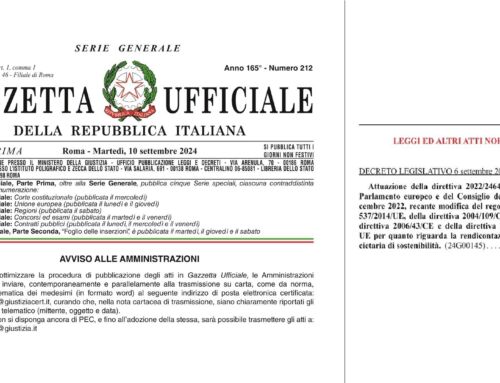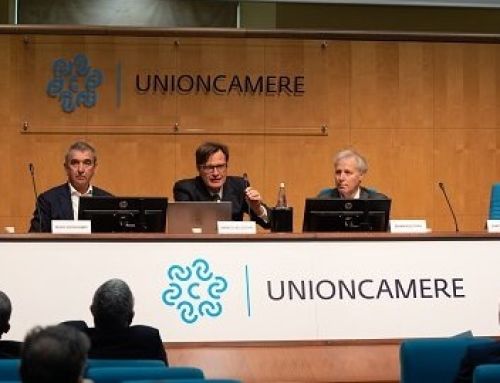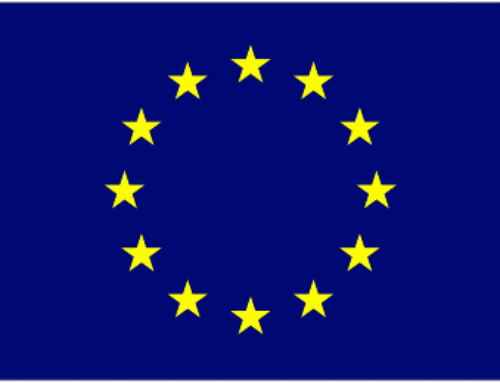
European Commission proposals of directives modification
The scenario
Th EU launched a Green Deal aiming at making Europe, within 2050, the first zero environment impact continent. Within such strategic framework, the Action Plan for a Circular Economy plays a fundamental role as sustainability and circularity are factors indispensable to carry out the desired change.
Last 30th March, the European Commission presented a set of guidelines for modifications to the Directive 2011/83/UE on Consumers Rights and to the Directive 2005/29/CE on Unfair Commerciali Practices.
More in details, the focus is on two aspects: new consumers information rights, with referenet to products duration and repairability; contrast to greenwashing (misleading environement declarations) to the planned obsolescence (products premature failures).
Products duration and repairability
The intention is to oblige manufacturers to provide a guaranteed duration of the products, and to correctly inform the final users about the expected duration period and the repairability of consumer products. In the proposal vision, retailers too should provide their clients with data on guaranteed duration of the products, or lack of it, and inform them about repair options, maintenance handbooks and spare parts.
The consumer shall be educated before the purchase, in clear and unmistakable way by producers and resellers.
Greenwashing and planned obsolescence
In this case, the proposed modifications envision an expansion of the list of products features the manufacturer cannot mislead the buyers on. Furthermore, the intention is to expand the existent black list of banned unfair commercial practices, such as:
- missed information on features of the products introduced to limit the duration of the same, such as software that can halt or decrease the functionality of a good after a given time period;
- generic “green” claims without any demonstration of the environment performance of the goods on sale or of their manufacturer;
- “green claim” on a whole product, when the claim actually relates to only one aspects of the same;
- display a sustainability label without any verification by a competent organization;
- missed information about the limited functionality of a product in case consumables, spare parts or accessory not provided by the original manufacturer are used.
Objectives
The above mentoned measures are considered necessary by the European Commission as the protection of consumers will guarantee a significant contribution of the consumers themselves to the green transiction: environment responsible buying will lead towards a clean econony and will ensure a fair competition. At the same time, a legal framework to discipline the action of commercial operators will push them towards a more transparent behaviour.
The proposals shall be discussed by the European Counsel and European Parliament.








Recent Comments